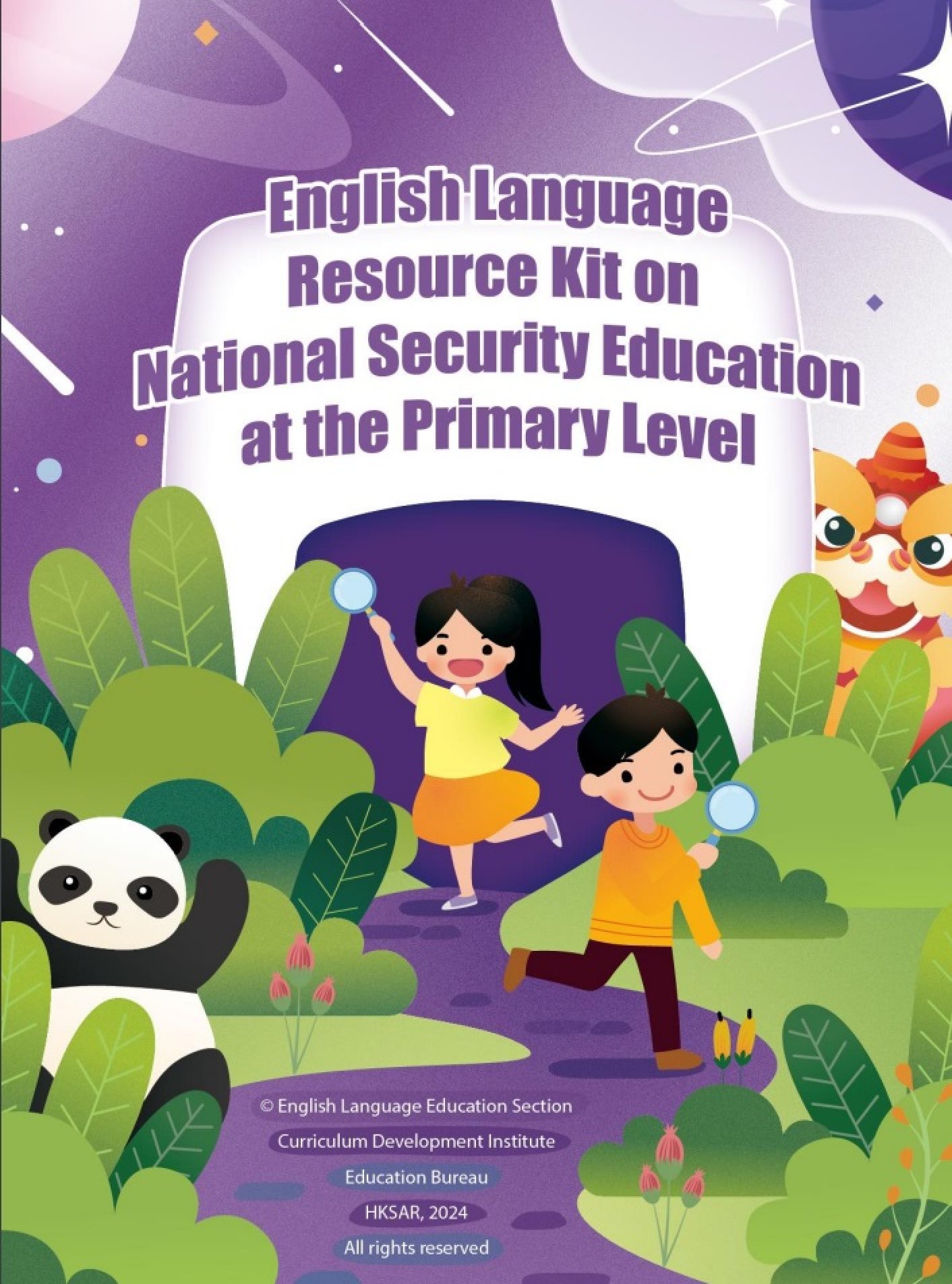
Hong Kong education authorities publish first patriotic materials for English classes at schools
- Authorities published new teaching materials for use in primary and secondary school English classes in run up to National Security Education Day earlier this week
- Some English teachers say variety of reading materials is good for students, but express concern government-issued content may be too dry for students
But veteran English teachers said that while the resources provided by the Education Bureau’s materials could give students more exposure to the language, the content was not designed with that purpose in mind and could result in pupils losing interest.
Authorities last Saturday published national education resource kits in English for primary and secondary pupils.
The items were also included among reference materials for teachers shared in a circular on this year’s National Security Education Day. But authorities have not made the content compulsory for educators.
The announcement marked the first time the bureau had released teaching and learning materials on national security education for use in English lessons.
The content covers security concerns in areas such as culture, ecology, food, outer space, artificial intelligence and resources.
“The resource materials aim to illustrate how elements of national security education can be integrated organically into and connected naturally with the learning components of the English-language curriculum,” the bureau said.
“English-language teachers can select relevant materials including multimodal resources, and design a variety of learning and teaching activities to enhance students’ understanding of the relationship between their daily lives and national security as well as the development of language in an integrative manner.”
The bureau said engaging with the materials allowed students to learn about the country’s recent developments and the importance of safeguarding national security, as well as fostering a sense of patriotism.

Students were encouraged to consider they could help to protect national security during their daily lives, it added.
The new content includes reading passages on central government policies, as well as the latest achievements and developments in safeguarding national security.
The materials also quiz students or ask them to discuss the content in English classes, in addition to covering topics such as grammar and sentence patterns.
One section prompts students to discuss why relying on imports is a potential threat to “our country’s food security”, with possible answers including an increased risk of shortages.
Another section for primary students asks: “How do you feel about our country’s achievements in space exploration? What impresses you most?”
Xia Baolong set for virtual keynote on Hong Kong’s National Security Education Day
A chapter on nuclear security is used to teach the “non-defining relative clause”, while lauding the country’s leading role in the former.
“China, which is already at the forefront in the development of global, controllable nuclear fusion, may bring new insights to other countries looking to explore further in this field,” it states.
English teacher Pauline Chow Lo-sai said students should be exposed to a wide range of reading materials, including those covering the arts and science.
She agreed national security as a topic could be used for teaching English, but expressed concerns that it might struggle to interest pupils.
Hong Kong pupils to hear about Xi’s security focus, Article 23 on awareness day
“The materials are science-oriented and serious, for students who have lower English proficiency, they may find it difficult to handle,” Chow said.
A former secondary school educator who spoke on the condition of anonymity said that while the materials were fine for brushing up on students’ speaking and listening skills, the content was not tailored to teaching English.
Experienced teachers rarely used official English teaching materials and instead opted for their own, she said, expressing concerns some educators could start to switch over as a result of pressure from school management.

